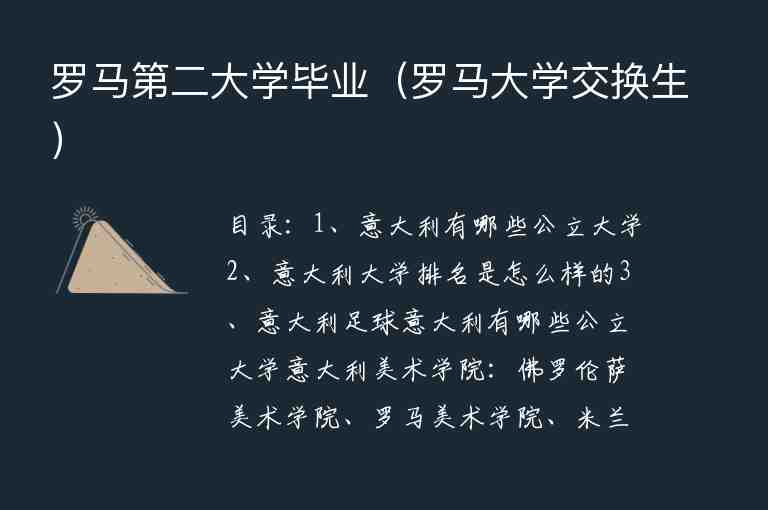contested是一个形容词,意为“有争议的,有争论的”。它来自动词contest,意为“争夺,竞争”,源自拉丁语contestari,意为“对抗”。该词常用于描述一件事物或观点引起了不同意见或持不同立场的人们之间的争议或争论。
怎么读(音标)
contested [kənˈtestɪd]
用法
作为形容词,contested通常用来修饰名词,并在句子中作定语或表语。它可以用来描述任何引起争议的事物或观点,如、法律、经济、文化等方面。在英语中,contested一般不用于口语,更多地出现在书面语和正式场合。
例句1-5句且中英对照
1. The election results are still being contested by the losing party. (结果仍然遭到败选党派的质疑。)
2. The ownership of the disputed land is being contested by two neighboring countries. (两个邻国正在就有争议土地的所有权问题展开争夺。)
3. The controversial policy has been fiercely contested by both supporters and opponents. (这项备受争议的遭到了支持者和反对者激烈的辩论。)
4. The validity of the new law is being contested by several legal experts. (几位法律专家正在质疑这项新法律的有效性。)
5. The decision to close down the factory has been contested by the workers' union. (关闭工厂的决定遭到了工会的反对。)
同义词及用法
1. disputed:与contested意思相近,都指有争议的。但disputed更多地强调存在争议,而contested更侧重于争论或争夺。
2. controversial:也与contested意思相近,指引起争议的。但controversial更偏重于描述事物本身具有争议性,而不是引起争论或争夺。
3. debated:也可以用来表示“有争议的”,但debated更强调通过辩论或讨论来解决分歧。
4. disputed:可以用作动词,意为“质疑,怀疑”,常与that从句连用。
5. contested:可以用作名词contest的过去分词形式,意为“竞赛,比赛”。
编辑总结
contested是一个常见的书面语词汇,在描述有关争议或竞争的场景时非常适用。它既可以作为形容词修饰名词,也可以作为动词使用。在使用时需要注意其修饰范围和语境,并且避免与其他近义词混淆。总的来说,掌握contested的用法可以帮助我们更准确地表达关于争议和竞争的概念。




